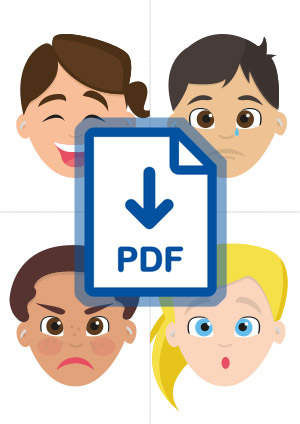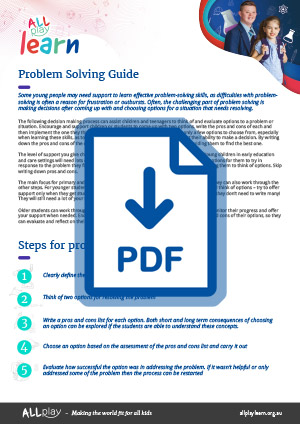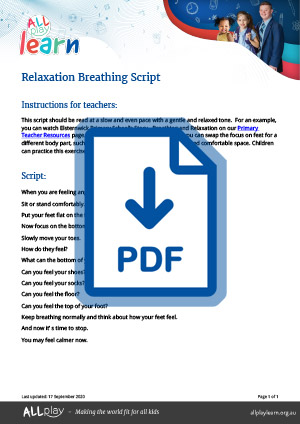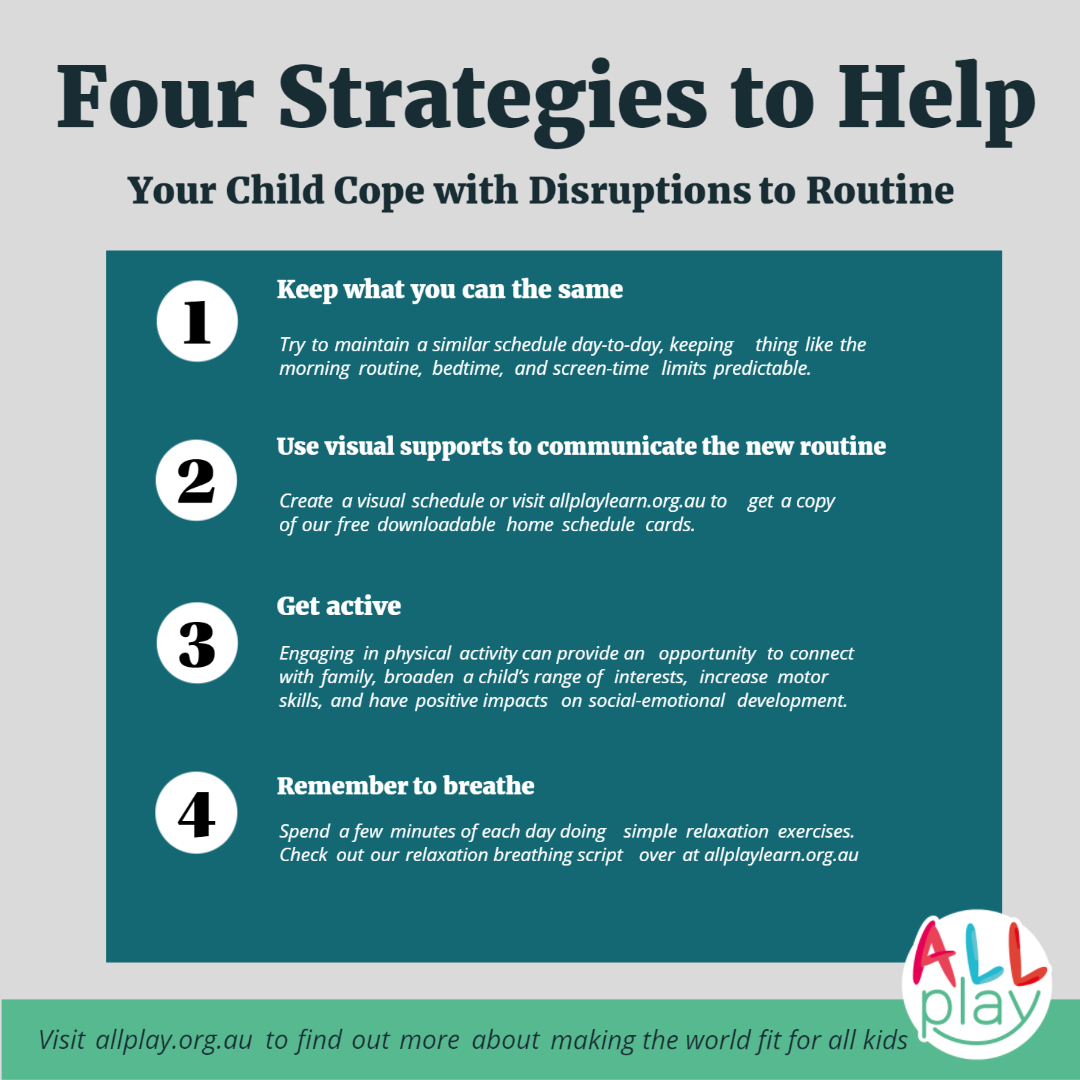
Key Supports
On this page:
What are some key supports for teen mental health and wellbeing?
Research has identified lots of different factors that can support resilience and wellbeing in teens during challenging times. There are a number of different areas where supports can have a positive impact:

Sleep
Research consistently identifies good sleep as essential for wellbeing. Recent research has found that teens who were getting good sleep at night were less impacted by loneliness. Teenagers with autism or ADHD may benefit from extra support with sleep routines. You may listen to a Sleep Podcast for more information on identifying sleeping problems in your children, and easy steps to improve their sleep cycles and overall health.

Coming soon
Watch this space for additional sleep resources launching in October!

Exercise
Staying active can help teens manage feelings of stress and supports their emotional wellbeing. Taking the time to head outside for a walk, run or ride each day will have positive impacts on their emotions and behaviour. Daily walks may also be a great time to practice mindfulness.

For strategies to help a teen with a disability or developmental challenge to stay active visit AllPlay Dance and AllPlay Footy.
Coming soon: AFL players and Dance videos talking about ways to stay active.

Healthy eating
Healthy eating is linked with better mental wellbeing. Some young people may be picky eaters – for example, some teens with autism may avoid specific foods due to sensory sensitivities. If your child finds eating a range of healthy foods challenging, you can read more about how to support your child here or seek support from your child’s GP/paediatrician or allied health practitioners.

Warm and supportive parenting
Being available to talk to your teenager about emotions is also important. Research has consistently
shown that having caring and supportive caregivers can help young people thrive when faced with
adversities (including family financial stress, health challenges, and trauma). Your relationship with
your child can make a big difference, no matter what your family might be facing during this time.
Some teenagers may benefit from support with identifying, expressing and regulating their
emotions. Families can use AllPlay Learn emotion cards, or you could practise mindfulness or relaxation breathing together. Experiencing difficulties when trying to solve a problem can often cause frustration or outbursts. Our problem-solving guide is a great tool for helping teenagers to understand their difficulties whilst brainstorming potential solutions.





Social connections
With social distancing, it is normal for young people to have feelings of isolation and loneliness. Families can promote and supervise social connection through online platforms such as email, social media, phone or video conference.
The eSafety Commissioner provides advice for parents and carers on how they can ensure their child’s safety while they learn and connect online. Check out their virtual safety kit, filled with evidence-based suggestions and links.
AllPlay Learn's story What is cyberbullying includes information to help young people recognise cyberbullying and provides practical evidence-based responses to stop cyberbullying from continuing.
Coming soon: AFL and Dance videos talking about ways to stay connected